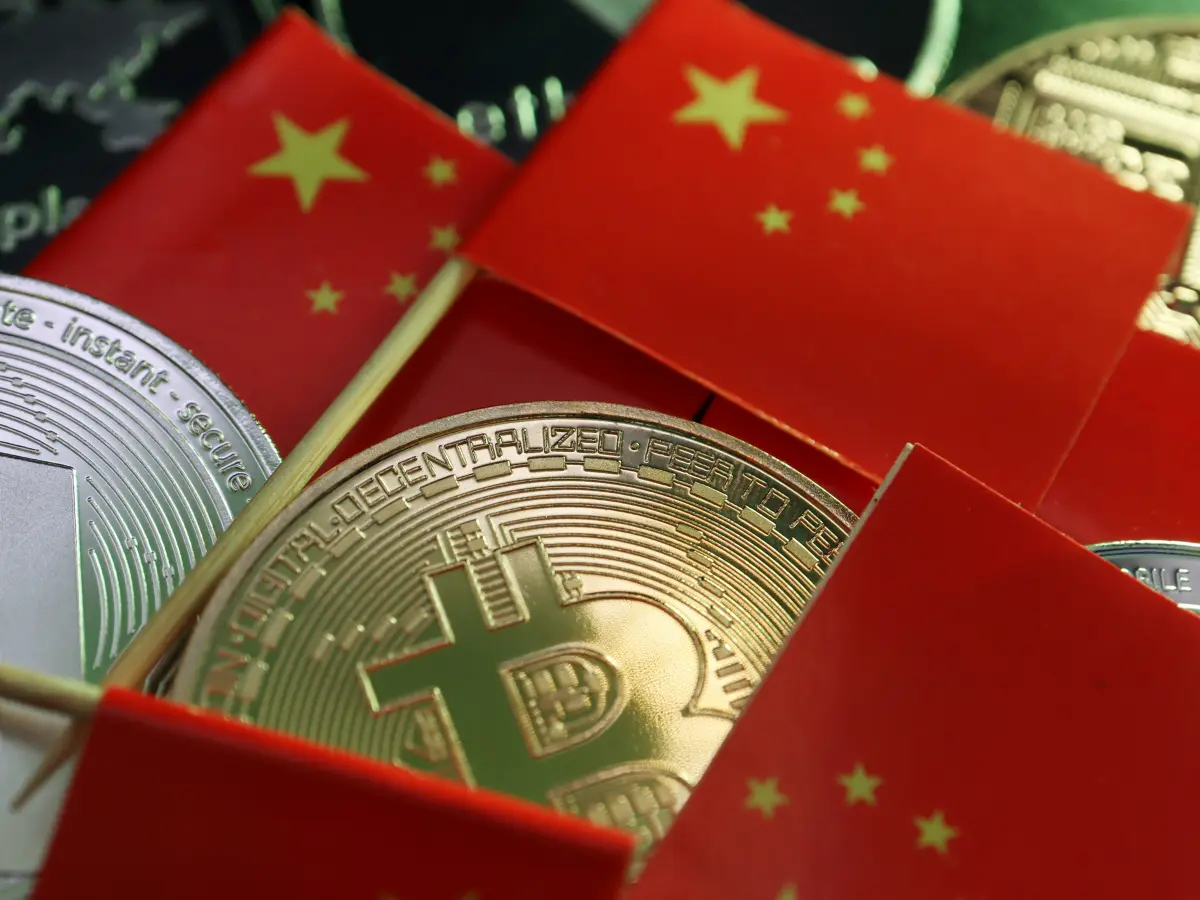Regulation
China Tightens Laws on Crypto Use in Money Laundering Crimes

China’s Supreme People’s Court and Supreme People’s Procuratorate have issued new measures to address anti-money laundering laws. From the 20th of August, 2024 the legal interpretation provides for very rigorous conditions concerning the prosecution of money laundering-related offences.
China Focus on Virtual Assets in Money Laundering
The new guidelines are mainly to counter the use of virtual assets in the process of money laundering. The interpretation defines virtual asset transactions as ways of concealing the proceeds from criminal activities and closing the earlier existing legal gaps. Consequently, this underlines China’s growing efforts to address the expansion of the virtual asset market and new-age financial crimes.
China’s Supreme Court and Supreme Procuratorate listed “virtual asset” transactions as one of the ways of money laundering in the interpretation of the Criminal Law. In the first half of 2024, 1,391 people were prosecuted for money laundering, an increase of 28.4% year-on-year.…
— Wu Blockchain (@WuBlockchain) August 19, 2024
Under the new interpretation, virtual asset transactions can be considered as acts of “suppressing and hiding the source” of criminal funds. The guidelines also set a level of what can be considered as ‘serious circumstances’ in money laundering cases for instance, laundering more than 5 million yuan or losses amounting to more than 2. 5 million yuan.
To this end, China intends to enhance the legal system to combat financial crimes through the following specific measures.
Rise in Money Laundering Prosecutions
Chinese authorities have increased the number of money laundering prosecutions; the country handled almost 3,000 cases in 2023. This is an increase of 20 times compared to 2019, which indicates the increasing activity of combating money laundering. In the first half of 2024, the number of prosecutions went up by 28.4% showing that there were still efforts being made to fight financial crimes.
The Supreme People’s Procuratorate has been at the forefront of fighting against money laundering since 2020 and has fostered inter-agency cooperation. Cooperation with the National Supervisory Commission and the Ministry of Public Security shows China’s multi-faceted approach to combating corruption and money laundering. The new legal interpretation is based on this approach, which helps to improve the prosecution of these crimes.
The interpretation also extends the definitions of ‘self-laundering’ and ‘money laundering by others.’ It outlines special cases when money laundering is considered to be particularly severe, and it provides the guidelines for the concurrent penalties in case money laundering is committed together with other crimes.
Furthermore, the guidelines give more details on some of the specific ways of laundering the money which will be used by the prosecutors when making charges. The interpretation also defines the fines and permits mild punishment under specific circumstances, which is fair in enforcement.
$2 Billion in Ethereum Shifted Amid Crackdown
In parallel with these updates, $2 billion worth of Ethereum associated with the Plus Token Ponzi scheme was recently transferred. Initially nabbed by Chinese authorities, the funds were moved from the wallets linked to the scam, suggesting government intervention.
The wallets in question have not been active since April 2021, which has led to speculations that the Chinese government is selling off the seized crypto assets.
These assets, belonging to the Plus Token scam, one of the biggest crypto Ponzi schemes, were seized during the crackdown on financial crimes in China. These developments are indicative of the attempts to clamp down on cryptocurrency transactions as part of the fight against money laundering.
Disclaimer: The presented content may include the personal opinion of the author and is subject to market condition. Do your market research before investing in cryptocurrencies. The author or the publication does not hold any responsibility for your personal financial loss.













✓ Share: